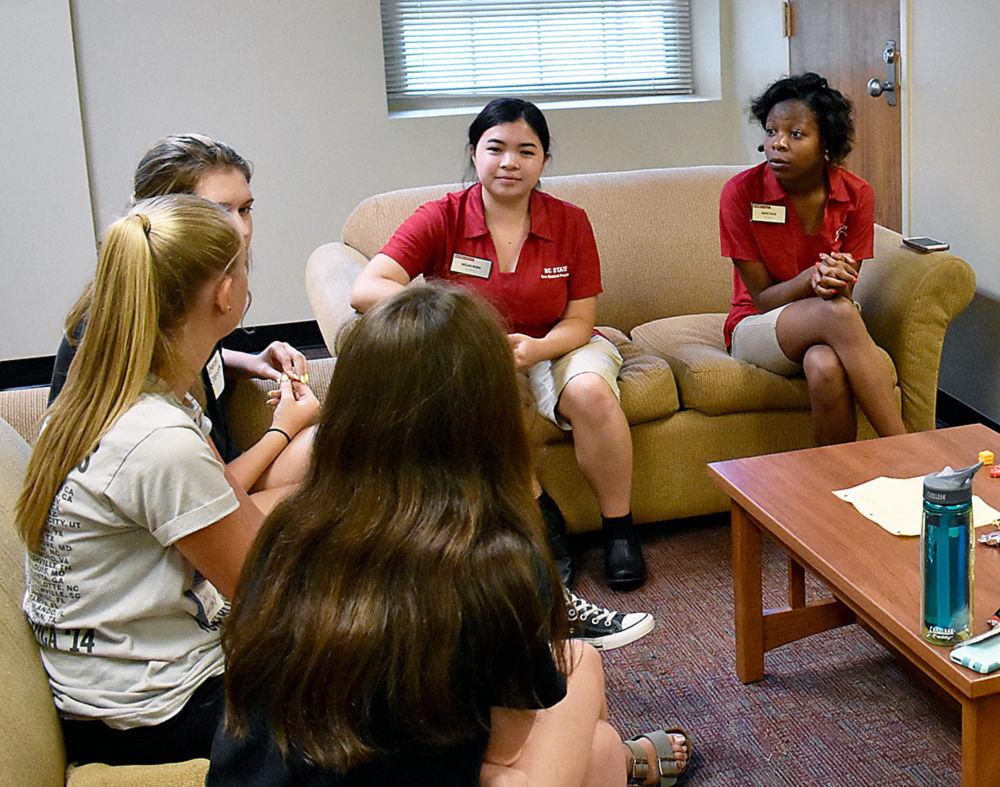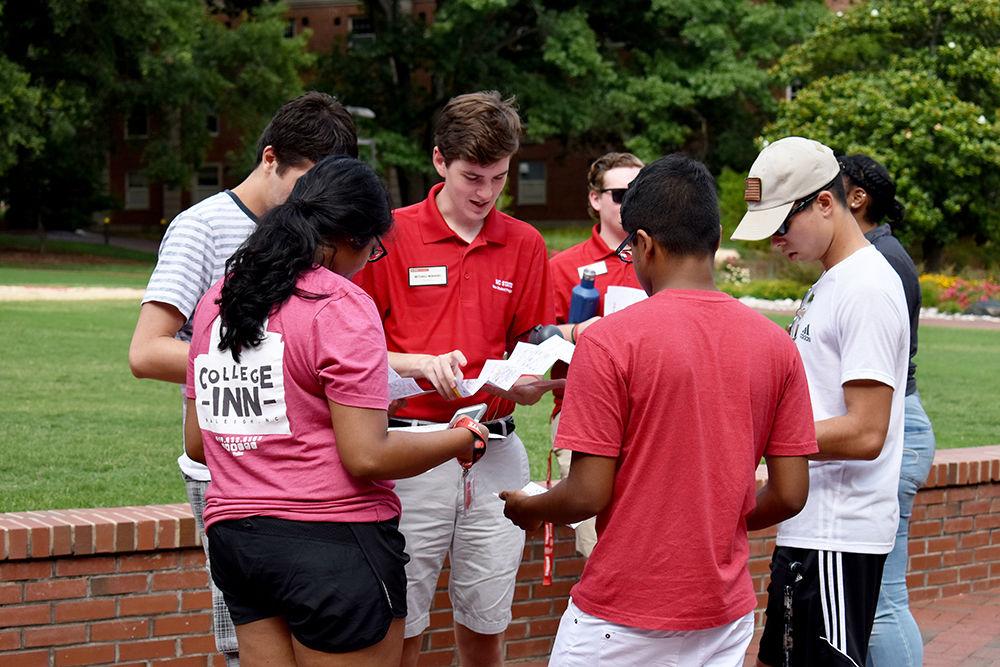Summer Start, a NC State New Student program, gives first year students and transfers a head start on working towards their degree, settling into campus housing and getting to know other students and faculty.
University life can be difficult to adjust to and the transition from high school to college can be especially tough, but Summer Start aims to provide resources to ease this change.
Katie Koffman, the administrative support specialist of new student programs, discusses what Summer Start has to offer.
“We provide programs such as How to Thrive Workshops for writing, Calculus, and time management,” Koffman said. “We had a program called Classmate Meetup Social, where students could connect with students taking the same classes to form study groups. We are also providing opportunities for them to connect with important resources on campus such as the University Tutorial Center, Multicultural Student Affairs, the GLBT Center, the Sustainability Office, the Counseling Center, etc.”
Summer Start students can get involved in weekly cookouts, trips to places like Lake Raleigh, Morrow Mountain, International Civil Rights Center & Museum and movie nights, according to Koffman.
In addition to workshops and trips, students also have peer mentors that live with them in the residence halls.
“The peer mentors are guides for incoming students. Each peer mentor has about 10 students that they work with over the course of the summer semester,” Koffman said. “They meet weekly with their mentees, support and attend Summer Start programs, connect students to resources on campus, etc.”
Peer mentors are there to listen to concerns, encourage positive habits and connect students to one another, according to Koffman. Lead mentors have previous mentoring experience and support the peer mentors, and they planned the peer mentor training this year.
Sam LaFell, a junior studying communication and spanish, is a lead mentor in Summer Start and has been involved with the program for four years.
“For our mentors to be doing the best they can be, we check in on them to make sure they’re asking the right questions and showing a real interest in the students so that they know there’s a community that cares about them before their first year here even begins,” LaFell said. “That’s exactly what I love about this position – encouraging the community and being reachable to over 200 students that could have any kind of question.”
Summer Start staff also hope to make the adjustment to American life less overwhelming for international students and connects them to supportive resources across campus, according to Koffman.
“We have campus partners like Multicultural Student Affairs and Global Training Initiative that are leading programs this summer to help promote intercultural awareness,” Koffman said. “Just like American students, we want to make sure international students have a smooth transition into university life and know what resources are available to them academically and socially.”
University life can introduce many new challenges for students, and Summer Start may alleviate some of the stress associated with these experiences.
“I think 110% that Summer Start helps students, but once they’re here, it becomes real for them,” LaFell said. “They can begin to see how the interactions will be with professors, other students, and administrators over the next four years. This program is only six weeks long, but the opportunities for growth are endless and I really believe students that participate in the program have the ability to get much more than they expect.”
Peer mentor Mitchell Moravec helps Summer START participants navigate through campus using an NC State campus map. Moravec was one of the many peer mentors who gave a tour to students during the Wolfpack Wondering event on Sunday, June 25. The event allowed students to see the buildings that their classes will be held in during summer session II.














